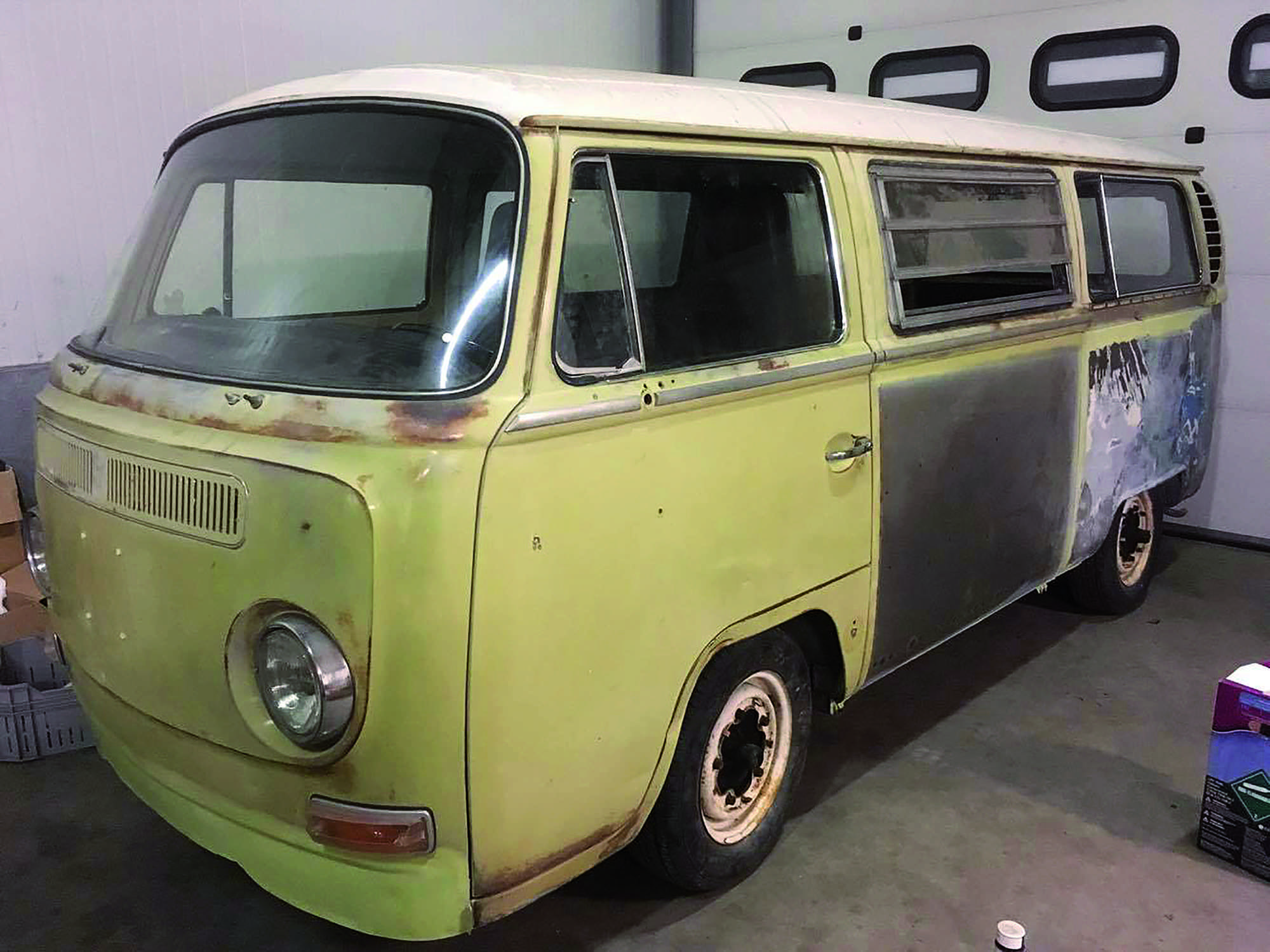The chicken tax, the chicken tax
The chicken tax is a rate of 25% on potato starch, dextrin, brandy and light trucks imposed by the United States under President Lyndon B. Johnson in 1963 in response to the rates imposed by France and West Germany on imports of American chicken . Chicken used to be a delicacy in Europe and certainly not such a massive production item as it is now here.
A tax revenge measure
But the mass production of chicken meat began in the States and when the chicken was exported to Europe by shiploads, Germany and France took counter-measures. They impose a substantial import levy on the import of American chicken meat. Yes! And of course the Americans did not let that happen! The period of 1961-1964 of tensions and negotiations surrounding the problem became known as the "Chicken War", which took place during the Cold War policy era. The Chicken tax was a fact.
Lost, but still stayed
Ultimately, tariffs on potato starch, dextrin and brandy were lifted, but over the next 48 years, the chicken tax truck tax was absorbed into the US system - like our Kok quarter - protecting domestic automakers from foreign competition. While there are still concerns about the repeal, a 2003 study by the Cato Institute called the rate “A policy in search of a reasoning”. And so there are more attempts at policy that are in fact aimless and unwholesome. We are still confronted with this on a daily basis.
The gaps in the law
As a result of the charges, several light truck importers have bypassed the rate by using legal gaps. Ford (presumably the company for which the tax was designed) brought Transit vans from Turkey imported as "passenger cars" to the US where parts of the interiors, such as the rear seats, were immediately dismantled (and destroyed) in a warehouse outside of Baltimore and Mercedes , which dismantled complete vans and sent the parts to South Carolina, where American employees put them back together.
Made in America
The resulting vehicles were seen as being manufactured locally and were therefore exempt from the import levy. VW had a hard time with its vans and the sales of it collapsed quite seriously. Only a third of the current number was imported and sold in the States. And that still affects the prices of classic VW buses in the States to this day.


